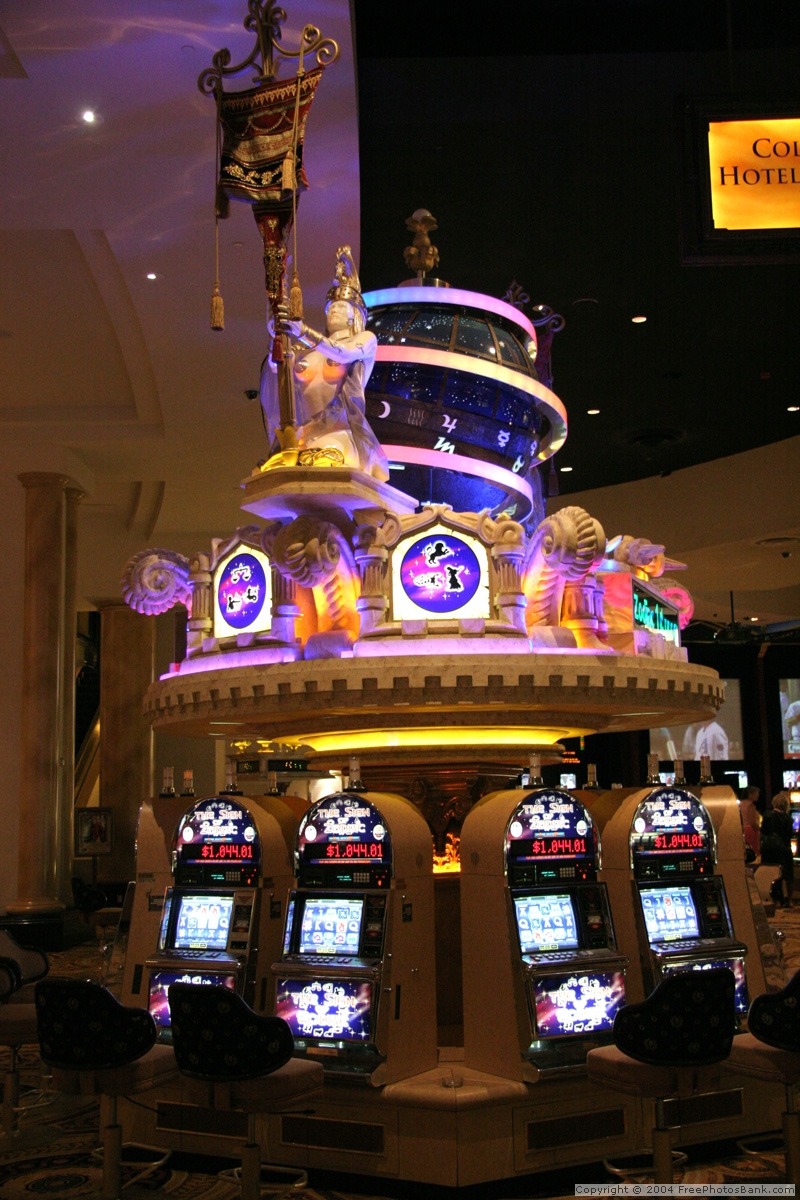If you have read any of the previous articles on this site where we have discussed the attributes of Virtual Sports betting then you will know that in several examples, I have stated the case that although we use the term Virtual Sports Betting to describe these sports, the wagers you place on them are less like traditional sports betting and more like betting on a slot game or similar.
Now, some people may well point out that you are betting on a sport, although it is a computer-generated sports event, and as such, betting on a sport equals sports betting. However, it seems that legislators in the American state of New Jersey have decided that when it comes to Virtual Sports, they fall decidedly in the camp of slot games and casino games.
Why the need to distinguish between betting and slot games for Virtual  Sports?
Sports?
There is an interesting story behind this. PlaySugarHouse.com is a Virtual Sports website and app which has been developed by the Chicago-based Rush Street Interactive studio and it applied for a licence in New Jersey, where sports betting is illegal (for the time being) but casino gambling online is permitted.
The Virtual Sports were created by Inspired Entertainment and each of those that were going to be on the website and app were tested by New Jersey Gambling Regulators before it was approved and permitted to be released online to people that reside in the state.
Indeed, one news report by the respected CBS News stated that “It is the same technology that is behind slot machines” and while this is perhaps true in one sense, there is also a clear overlap between Virtual Sports and genuine sports betting.
Virtual Sports is already available in the United States but only in selected casinos in Nevada and it is nowhere near as popular there as it is across Europe, where some people estimate that as much as 20% of some Sports book’s revenue is generated from Virtual Sports.
The fact that New Jersey legislators allowed the PlaySugarHouse.com site and app to be released is seen as evidence that there is growing support within the United States for sports betting to be legalised in the remaining 46 states of the Union that do not permit it. Indeed, New Jersey is taking a case to the U.S. Supreme Court in December in order that sports betting be legalised across the U.S. to clarify the somewhat muddied water around whether sports betting and some other forms of betting (of which Virtual Sports are included) are legal or illegal in the U.S.
Regardless of the verdict of the U.S. Supreme Court, Virtual Sports it seems are not counted in the United States as a form of sports betting and as such, in the states that permit online slot gambling and such like, then they may well soon follow New Jersey’s example and legalise these types of betting in their states too. That in turn will open up a brand-new market for Virtual Sports in the U.S., which could well be an exciting time for the development of new games to appeal specifically to an American market.
And that means of course, in time, we will likely see similar games offered here in the UK to enjoy.
Are Virtual Sports just a form of slot gaming, or sports betting in a different form?
For the legislators in New Jersey, this was the question facing them when they reviewed the software  and they have taken the not unreasonable position that since Virtual Sports are based on computer software and as such, are not based on any real-life sporting event, then the bets you can place on them are no different to bets placed on an online slot game, which also is generated using computer software.
and they have taken the not unreasonable position that since Virtual Sports are based on computer software and as such, are not based on any real-life sporting event, then the bets you can place on them are no different to bets placed on an online slot game, which also is generated using computer software.
While there is a certain degree of logic in that statement and it is something that many Virtual Sports experts would tend to agree with, it is true but only up until a point.
The key here, for this commentator at least, is that in terms of a slot game, you place a single wager (of whatever size) on the outcome of a spin of the slots. Your spin will either win or lose and then after the spin has completed and any winnings paid to the player, you can spin again. Computer software built around a random number generator is the engine by which online slots work.
But in Virtual Sports how you bet is slightly different. You are not just betting on one market on one match, but in Virtual Sports, you have a number of different markets available to you, each with a variety of different selections. Now these selections offer a greater level of complexity of betting than a standard slot game and that is what makes Virtual Sports so indicative of sports betting.
For example, if you want to place a bet on the number of goals in a typical Virtual Sports game, you have a choice of 0, 1, 2, 3 or 4. That is five potential outcomes. In some markets, there can be considerably more than this. On a slot spin, you have two possible outcomes, you win or you don’t.
It is this level of complexity that sees Virtual Sports edge towards a mirror of Sports Betting with one crucial difference of course, that these bets are based on the outcome of a set of mathematical processes completed by computer software and a random number generator, rather than how two teams or individuals perform in real life.
While in the UK, the distinction between Virtual Sports being more like a slot than sports betting, or indeed vice versa is not one that needs to be clarified, in the large number of parts of the world where there are restrictions on certain forms of betting, and where others are permitted, what Virtual Sports actually are will need to be clarified. As we have seen in the past, just because one governing body thinks Virtual Sports are more like slot games, there is no guarantee governing bodies in other countries will feel similarly.
The exciting thing from a Virtual Sports perspective is that more people are going to enjoy these sports if they are open to play around the globe. That will inspire more companies to develop more games for these burgeoning markets and for fans of Virtual Sports, the trickle-down effect means that hopefully we’ll have a greater choice of Virtual Sports to enjoy in the future.
Regardless of whether they are sports betting, or more like a slot.
